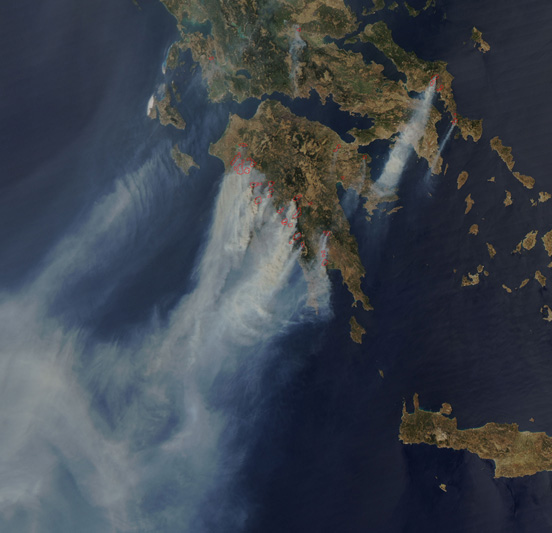This past Saturday I had the privilege of speaking at Toronto Cuba Friendship Day, an annual event held at Nathan Phillips Square outside City Hall in Toronto. (Audio of my comments here, courtesy Toronto Social Justice Magazine.) The event was MCed by former Speaker of the Legislature David Warner, and other platform guests included city councillor Joe Mihevc, Consulate Generals from many countries, and Cuban Ambassador to Canada Ernesto Senti Darias. (NDP MPP Peter Kormos, who I was looking forward to meeting, unfortunately had to cancel at the last minute.)
One of the more interesting and lesser known facts about Cuba is their position as an environmental leader. They’ve made investments in renewable energy, legislated forest protection, significantly increased their country’s tree canopy, spoken out about the dangers of biofuels from food crops and, perhaps most remarkably, made the transition to 100% organic agriculture while simultaneously improving yields (proving for the rest of us that it can be done).
When it came my turn to speak, most of these examples had already been lifted up by the other panel members. So, instead, I wondered aloud why it was that Cuba had so many positive environmental examples. Here’s a theory: Cuba is not only an island, but one that has in many ways been cut off from the world. Without detracting from their accomplishment, many of their systemic changes have not been made out of a desire to “do the right thing,” but out of necessity. The shift to organic agriculture, for example, happened rapidly when the Soviet Union collapsed and took with it Cuba’s supply of petroleum-based fertilizers (the artificial energy inputs required for non-organic agriculture). In other words, on an isolated island you have to live within your means.
We, of course, do not live within our means. As much as we’ve grown to loath financial deficits, we continue to operate with huge environmental and social deficits that will come due someday soon.
And there it is. This Earth, too, is an island. As Carl Sagan wrote, “on it [the Earth] everyone you love, everyone you know, everyone you ever heard of, every human being who ever was, lived out their lives. The aggregate of our joy and suffering, thousands of confident religions, ideologies, and economic doctrines, every hunter and forager, every hero and coward, every creator and destroyer of civilization, every king and peasant, every young couple in love, every mother and father, hopeful child, inventor and explorer, every teacher of morals, every corrupt politician, every ‘superstar,’ every ‘supreme leader,’ every saint and sinner in the history of our species lived there – on a mote of dust suspended in a sunbeam.” Every breath of air you ever breathed, every drop of water you ever drank. Every barrel of oil you ever burned.
He goes on: “Our planet is a lonely speck in the great enveloping cosmic dark. In our obscurity, in all this vastness, there is no hint that help will come from elsewhere to save us from ourselves. The Earth is the only world known so far to harbor life. There is nowhere else, at least in the near future, to which our species could migrate. Visit, yes. Settle, not yet. Like it or not, for the moment the Earth is where we make our stand.”
We’ll have to learn to live within our means soon. Islands who haven’t have paid a high price.
